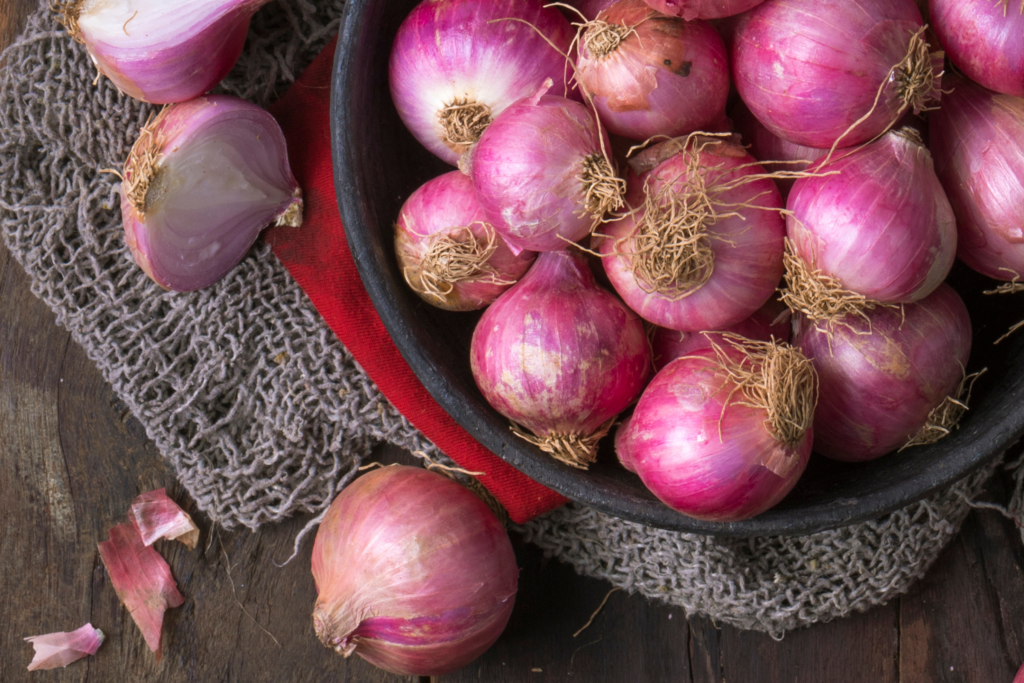Restore
revive
get back to health
revive
get back to health
Join our email list!

Are summer allergies raining on your parade? Don’t spend another season sniffling and sneezing indoors. Here’s the good news: you can ditch the over-the-counter meds and fight back with natural remedies.
We’ve got 5 powerful, yet simple, ways to combat allergy symptoms. From local honey to a strategic sinus rinse, these methods will have you breathing easy and enjoying every glorious moment of summer.
You’ve probably heard whispers about local honey as a natural allergy fighter. But does it work? Well, the buzz is real. Think of it as a sweet, sticky vaccine for your immune system. Local honey contains small amounts of pollen from plants in your area. By consuming it regularly, you gradually expose your body to these allergens. Over time, this can help build up your tolerance and lessen your reaction to them.
How to make local honey work for you?
While local honey is generally safe for most people, it’s not recommended for infants under one year old due to the risk of botulism. If you have any concerns, always consult with your doctor before adding local honey to your routine.

When those allergens get stuck in your nasal passages, they trigger all sorts of unpleasant reactions. A saline rinse (also known as a nasal irrigation) can work wonders to flush out pollen, dust, and other irritants. It’s like a refreshing shower for your nose.
How to rinse like a pro
Extra tips for a successful rinse
Don’t overdo it: While saline rinses are generally safe, excessive use can dry out your nasal passages. Stick to 1-2 rinses per day, especially during allergy season.
Vitamin C is like your body’s trusty sidekick when it comes to fighting off allergies. It’s a powerful antioxidant that helps reduce inflammation and strengthens your immune system. Think of it as your natural defense shield against those pesky allergens.
Vitamin C power-ups for your diet
A few extra tips

This plant-based compound is a natural antihistamine, meaning it blocks the release of histamine—the culprit behind those itchy eyes, runny nose, and other allergy symptoms. Think of it as your body’s own allergy-fighting ninja.
Where to find quercetin
Pro Tip: Combine Quercetin with Bromelain
Bromelain, an enzyme found in pineapple, can help your body absorb quercetin more effectively. Enjoy a pineapple-berry smoothie or a tropical fruit salad to reap the benefits of both.
Aromatherapy isn’t just about creating a relaxing atmosphere—it can also be a surprisingly effective weapon against allergies. Certain essential oils have anti-inflammatory and decongestant properties that can help soothe irritated sinuses and reduce congestion.
Essential oils
How to use essential oils for allergy relief
Always use high-quality, pure essential oils. Be sure to follow safety guidelines and consult with a qualified aromatherapist if you have any concerns.
With these five remedies, you’re well on your way to reclaiming your summer. Remember, these natural methods work best when you incorporate them into your lifestyle consistently. So, start experimenting and find what works best for you. You deserve to enjoy every sunny moment without the sniffles.
Want to take your allergy-fighting game to the next level? Consider exploring holistic health options at iHealth. We can help you uncover and address the underlying causes of allergies and support your body’s innate ability to heal and thrive.